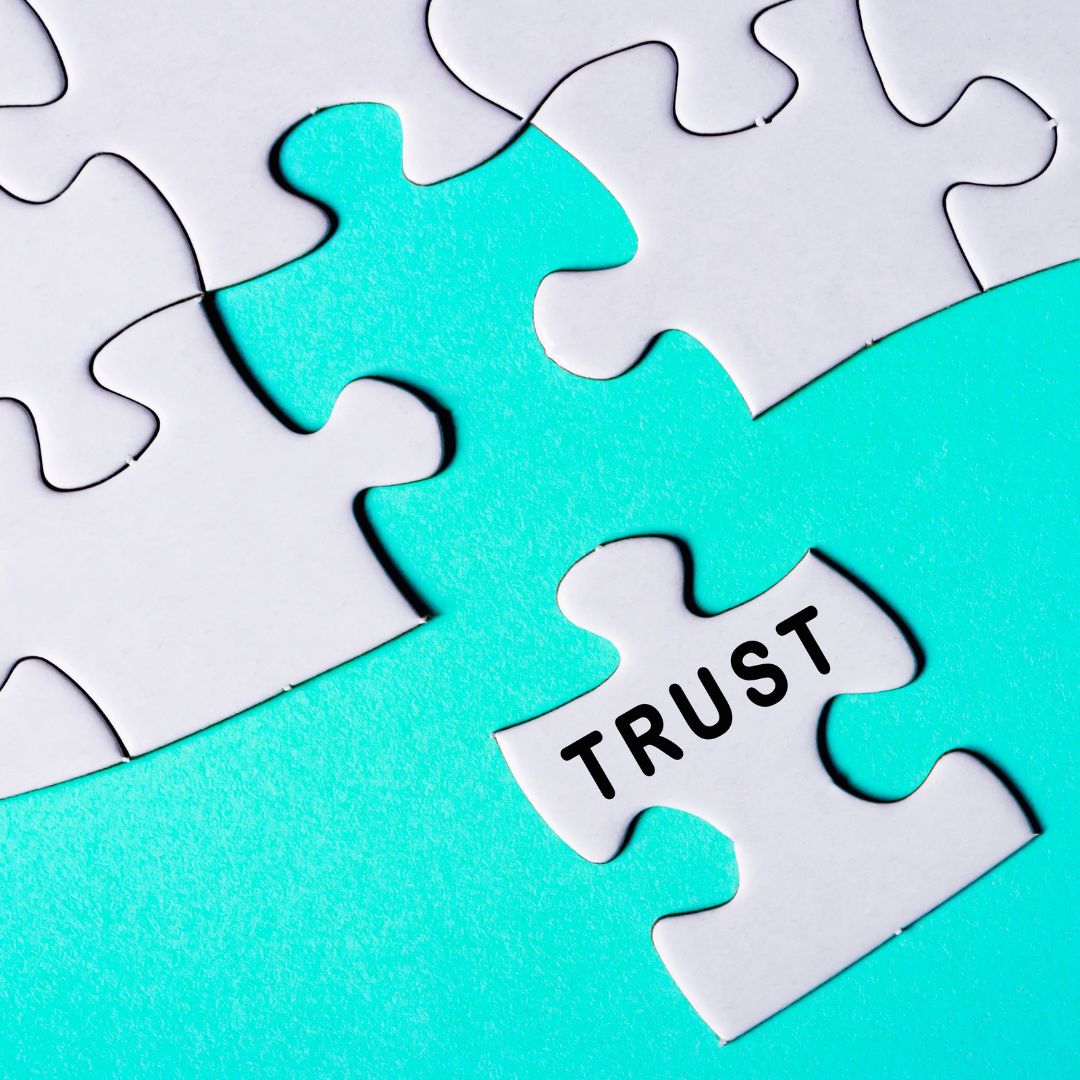A Guide to Building Trust During Divorce
I recently spoke at the CPCal Celebration about ‘Navigating the Turbulent Waters of Divorce.’ During the conference, I focused on the importance of building trust by emphasizing transparency, consistency, follow-through, and validation. These elements are like the legs of a chair – without one, trust becomes shaky, and without two, it collapses completely.
At the CPCAL conference, I discussed the significance of trust-building during divorce. Transparency, consistent behavior, follow-through, and validation are key factors in establishing trust. I compared these elements to the legs of a chair – if even one is missing, trust becomes unstable, and if two are missing, it collapses entirely.
Speaking at the CPCal Celebration, I highlighted the importance of trust in divorce proceedings. Transparency, consistency, follow-through, and validation are crucial for building trust. I likened these elements to the legs of a chair – without one, trust wavers, and without two, it crumbles.
Follow-through is key when it comes to building trust and maintaining integrity. It’s important to meet all legal obligations promptly, attending court proceedings, submitting necessary paperwork, and efficiently meeting deadlines. By keeping your promises and consistently following through, you show dedication and strengthen trust. Make sure your actions align with your words, as consistently delivering on your promises reinforces trust.
Validation and empathy are also crucial in building trust and acknowledging emotions. One effective way to validate is through active listening, genuinely listening and acknowledging your ex-spouse’s feelings. This demonstrates empathy and respect. Using empathetic responses like “I understand how you feel” or “That must be difficult” helps bridge gaps and shows that you’re trying to understand their perspective. Remember to validate without passing judgment, as everyone experiences divorce in their own unique way.
Incorporating these values of openness, consistency, and follow-through can help establish and cultivate trust throughout the divorce process, leading to smoother interactions and a healthier outcome for you and your entire family.
Dr. James E. Walton, Ph.D.
Licensed Marriage and Family Therapist (MFT32040)
Individual/Couples Counseling
Relationship Repair Counseling
Family Divorce Coaching and Mediation
818-753-4865
LAtherapist.com

